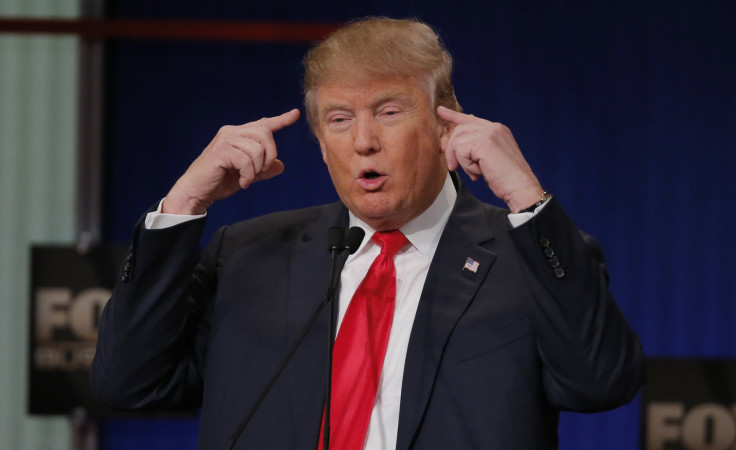What Is A VAT Tax And Why Are Ted Cruz And Marco Rubio So Obsessed With A Value-Added Tax?

After the candidates were done insulting each other's marriages and family lineages, the Fox Business Republican debate finally took a brief, but serious turn Thursday night and focused on policy. But the heated debate over VAT taxes might have been confusing for viewers at home who had tuned in for Donald Trump's jabs at Ted Cruz for having been born in Canada or at Hillary Clinton for having a spouse who cheated.
“I’m not going to have something Ted described, which is a value-added tax,” Marco Rubio said of Cruz. "That’s why they have it in Europe, because it’s a way to blindfold the people. That’s what Ronald Reagan said. ... That VAT tax is really bad for seniors.. they don’t get the income tax break. But the prices go up. When I’m president of the United States, I’m going to side with Ronald Reagan on this, and not Nancy Pelosi, and we’re not going to have a VAT tax."
Cruz said: "It’s not a VAT tax. It’s a 16 percent corporate tax."
So what is a VAT tax and how does it work? A value-added tax is a consumption tax added on to purchases for goods and services. It is collected at every step along the production chain, but still economists generally view it as a tax primarily paid by consumers, kind of like a giant sales tax. A majority of countries depend on value-added taxes, including Canada, which has integrated federal and sub-national-level consumption taxes.
It's unpopular in the U.S. among lawmakers on both sides of the aisle. Conservatives argue it encourages governments to spend more money, while liberals claim the tax disproportionately hurts poor people. “VAT is a French word for Big Government,” anti-tax activist Grover Norquist tweeted in 2014.
Cruz and Rand Paul are both pushing tax plans that call for a value-added tax, though they refuse to call it that. Cruz's plan has a 10 percent flat tax on personal income that would collect about $8 trillion over a decade, according to the Tax Foundation. He also wants a 16 percent “business flat tax,” which would collect $25 trillion over a decade, the New York Times reported.
Rubio, who is trailing behind Trump and Cruz in the polls, has tried to push to the front of the pack by attacking Cruz in recent months, especially his tax plan. It's a good plan.
National Review recently sent a warning to Cruz about his VAT tax. "It is the hidden nature of the tax that has traditionally worried conservatives. Most people would not know what their wages would have bought them if this tax were lower, or if it did not exist. Even if receipts for every purchase they made included a line that disclosed the tax bill, few people would have a sense of how much they were paying cumulatively," the conservative publication wrote. "And so it might prove much easier for politicians— say, a liberal successor to President Cruz — to raise this tax over time than it is for them to raise income or property taxes. The fact that European countries use this tax to finance their swollen welfare states reinforces this fear."
© Copyright IBTimes 2024. All rights reserved.





















